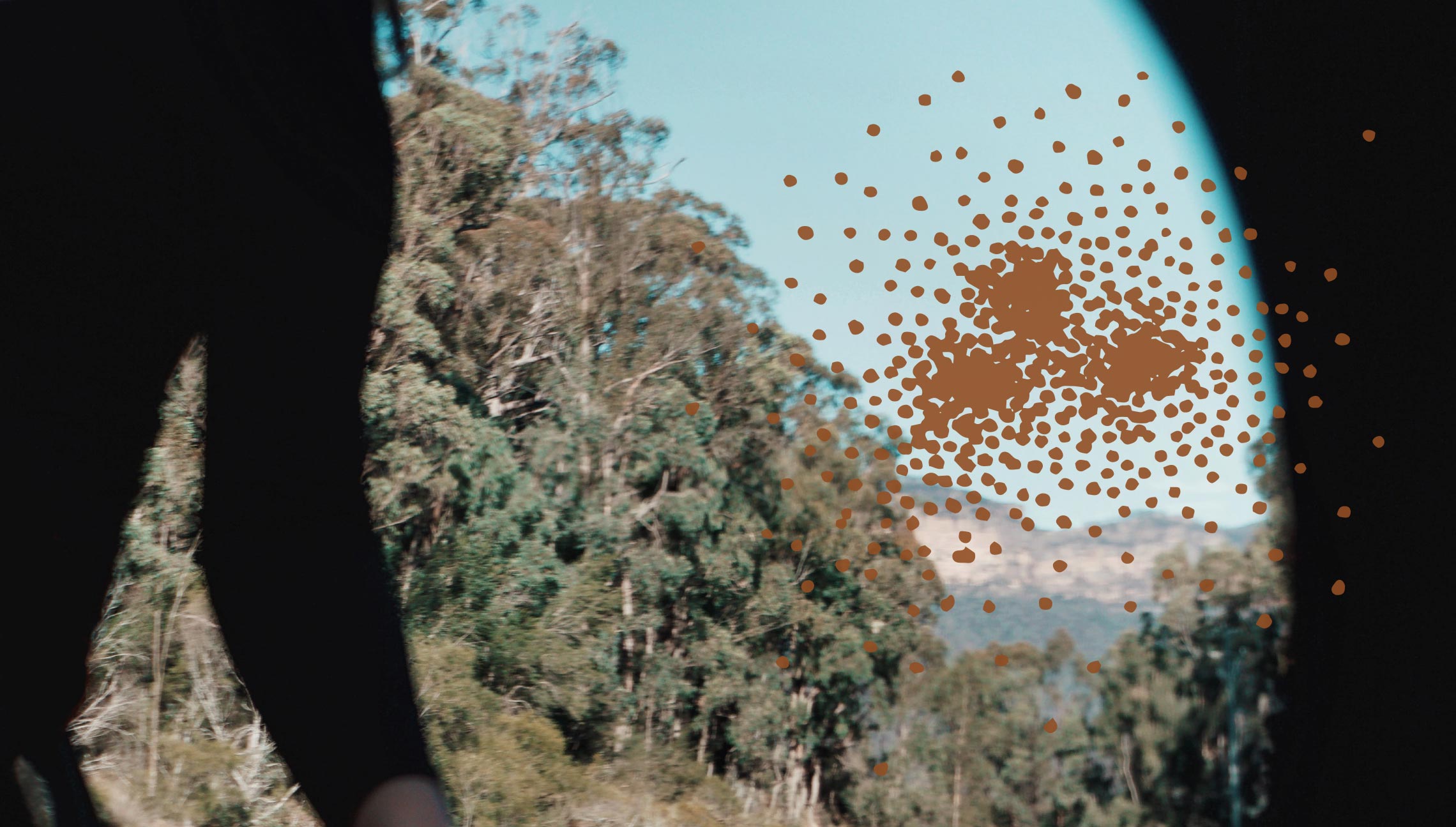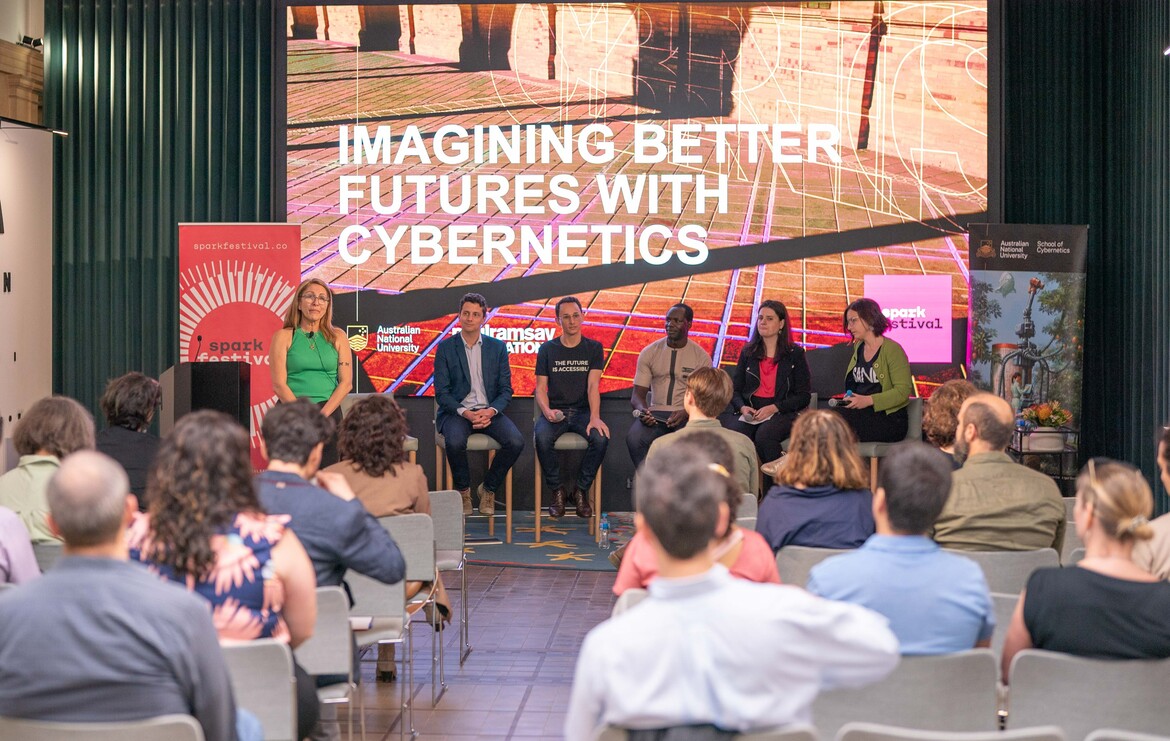In October, the ANU School of Cybernetics hosted a discussion and two workshops as part of the Spark Festival to introduce startup founders to cybernetic concepts to improve data management in a time of rapid and complex societal and technological transformation.
Over two days, participants discussed how to design and manage complex and sensitive data systems to provide better outcomes for users, with a focus on providing founders and communities with practical ideas and tips to help design responsible, dynamic and meaningful information systems.
Social impact advocate Anne-Marie Elias was the guest facilitator of a panel that brought together cybernetics research perspectives with the lived experience of two startup founders working in the mental health and disability sectors.
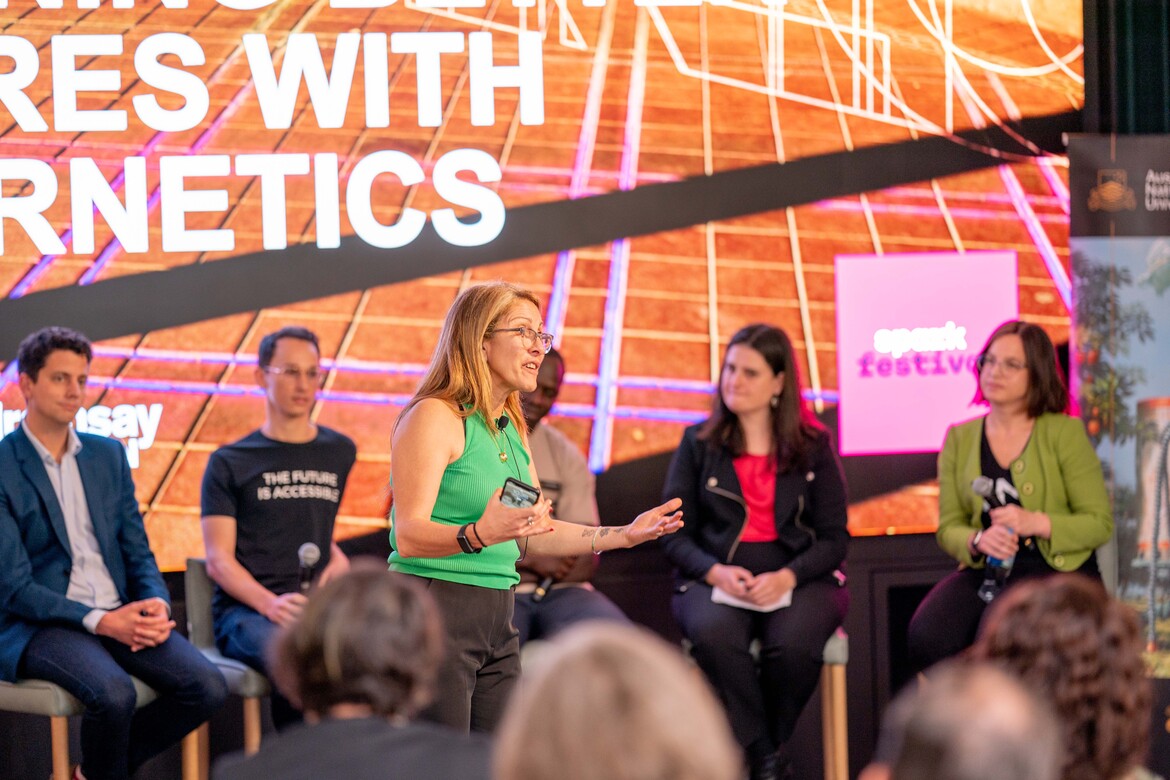
Joining Anne-Marie in the panel discussion were:
- Chris Mesiku, ANU School of Cybernetics Research Fellow
- Lorenn Ruster, ANU School of Cybernetics PhD candidate
- Alex Fischer, Paul Ramsay Foundation’s Head of Research
- Andrew Akib, Maslow Co-founder
- Rachel Green, SANE Australia CEO.
Watch the highlights of the panel discussion. Video by Hazen Studio.
Panel discussion highlights#
In the Imagining better futures with cybernetics event, panel members discussed a wide range of topics from working across complex systems, diversity and inclusion, the role of convening and co-design, responding to feedback loops and how startups can use data in ways that are safe, inclusive and responsible.
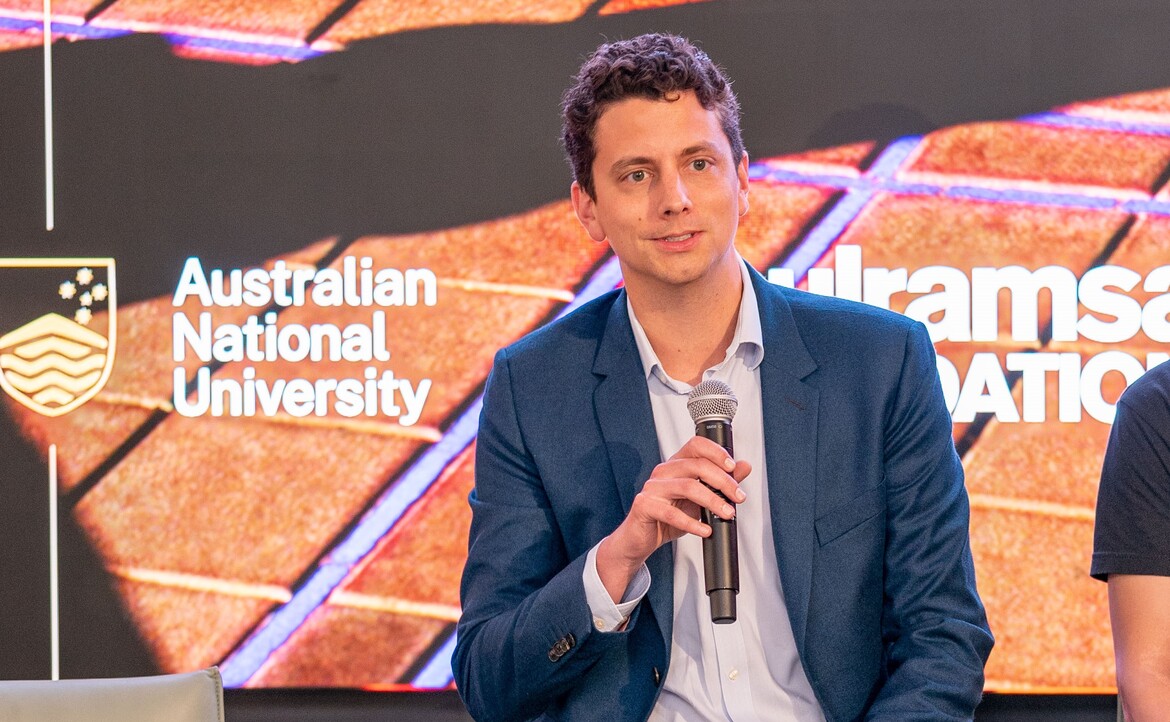
“Within institutions, you have overlapping points of decision-making – a question that is useful is how technology is able to help us bridge those decision points, not in a hierarchical way, and not in a separate way, but in recognising overlapping points of connectivity.”
Alex has been working with our Research Fellow Chris Mesiku on a project that looks holistically at data collection, analysis and action, with the aim of rethinking the role of data in disrupting disadvantage, using a cybernetic approach.
Chris explained how this project is focusing on thinking more broadly about how data can be exploited to both maximise benefits and minimise harm.
“How are we thinking of data? Where did it come from? Who collected it?” asked Chris, explaining that in cybernetics, understanding the inherent power dynamics in data is key.
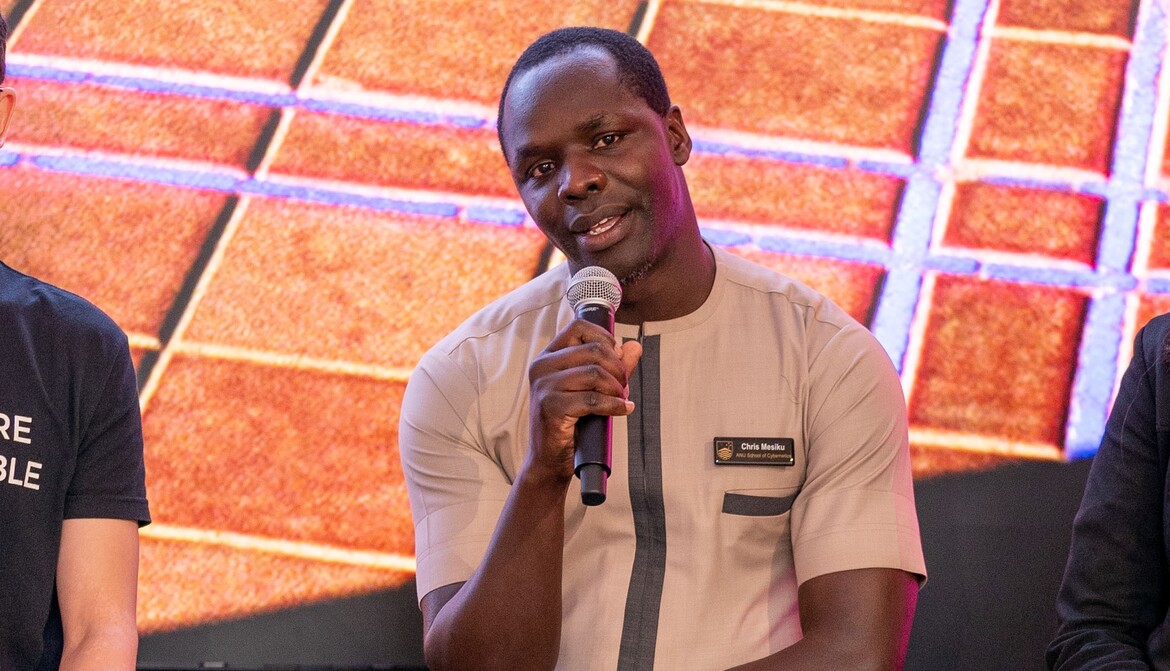
PhD candidate Lorenn Ruster, whose research looks at dignity as a model that can help startups use AI more responsibly, agreed and spoke about the importance of convening many voices and sitting with discomfort.
“We talk a lot about ensuring the diversity and inclusion of different groups, but we are often reducing what this really means.”
Lorenn said that while we may want a quick fix, cybernetics recognises that systems are always dynamic and ever-changing and involve a level of convening across disciplines. Rather than being a tick-a-box exercise, cybernetics calls for reflective management of different elements of complex systems as they move over time. Part of this process involves being aware of power dynamics.

By way of example, Lorenn reflected on the work that goes into selecting who will be part of a design process.
Decisions about where a meeting is held, the kind of venue that is elected, expectations of in situ outcomes and how an agenda is set contribute to whether a safe space can be established that is amenable to facilitating a genuine conversation. Importantly, this includes allowing people to make decisions in ways that are appropriate to them.
“People make decisions in different ways – they don’t necessarily want to make decisions in a room – they want to have other conversations,” she said. “It can be difficult to work out how best to convene conversations in this context and often that means taking yourself out of that space and relinquishing control.”
Lorenn warned that too often, people make decisions about people’s data that have the potential to impact their lives without truly convening appropriate input.
“How do you really enable people to feel seen, heard, listened to, acknowledged, recognised and have that sense of their individual and collective worth valued in the process? It can be very small things that can change dynamics in a system very quickly.”
Rachel Green from SANE Australia said that while intentional and deliberate convening is critical, it’s also important not to overthink things in co-design projects that may change over time as conversations and inputs change.
“By virtue of doing things and working together around a common issue, more stuff happens that you just can’t predict. I think that’s where an interesting opportunity emerges to apply a cybernetic lens to – what is the data and what is the community giving back to you?”
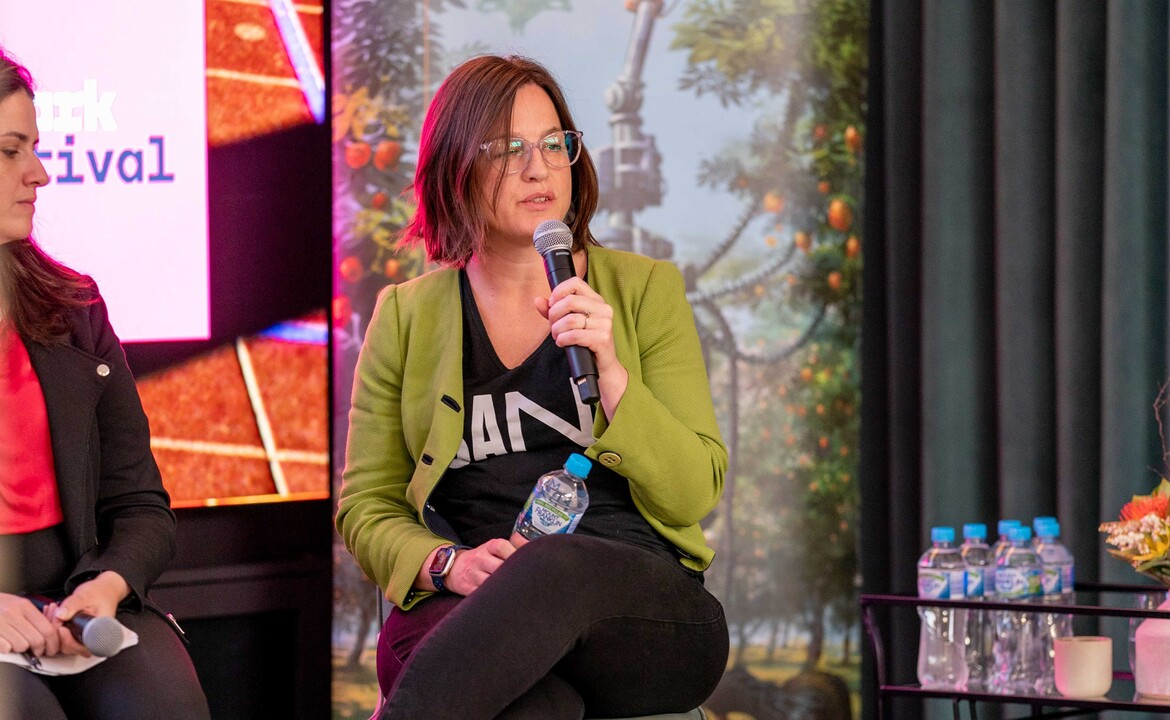
Andrew Akib said that while startups are great at setting a vision, they need to be careful to also acknowledge risk as they plan their future.“You are not just navigating towards a rosy vision, you have to navigate away from the pitfalls,” he said.
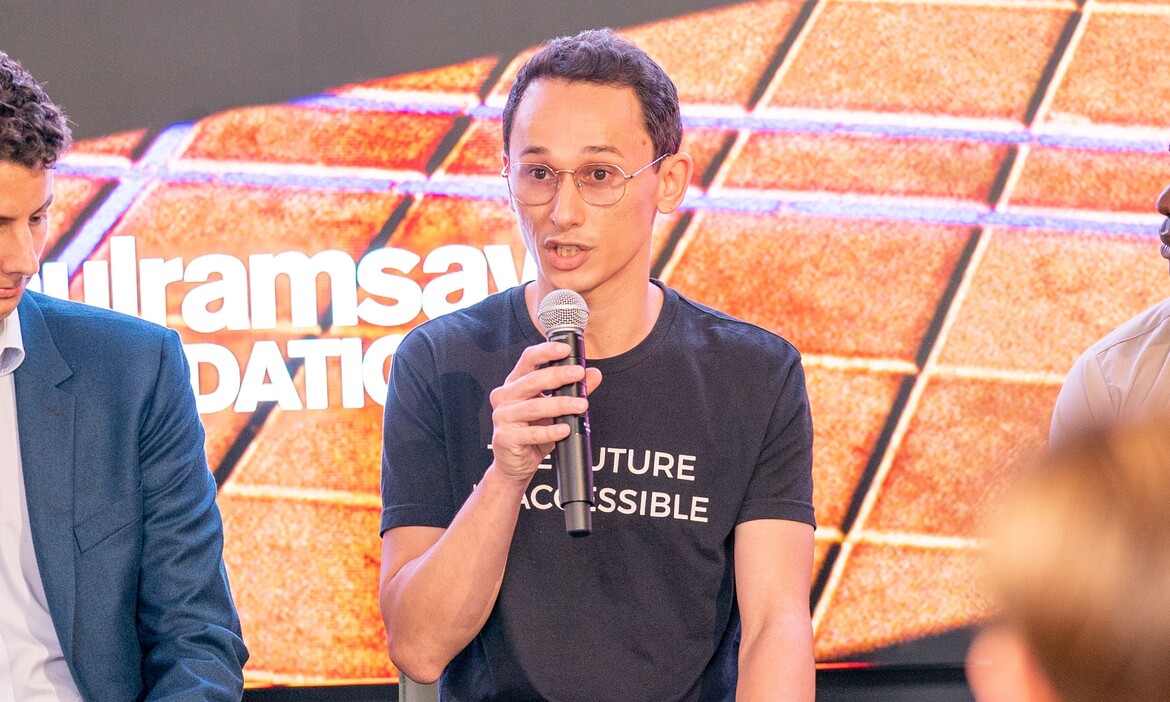
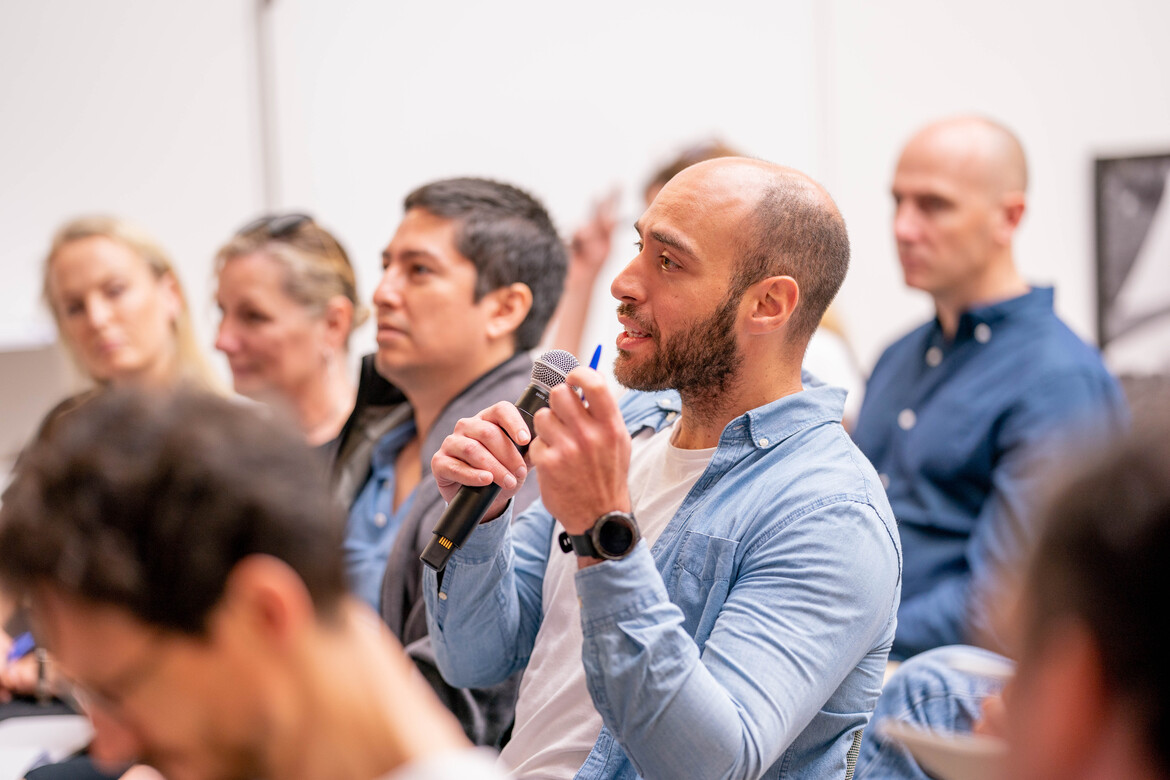
Images by Hazen Studio. The School of Cybernetics Spark Festival events were produced by Jackie Randles and hosted by Paul Ramsay Foundation.
WATCH: Full recording of ‘Imagining better futures with cybernetics’ panel discussion.
